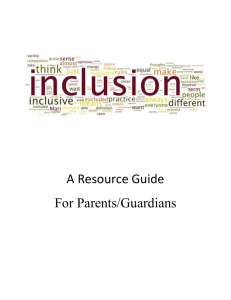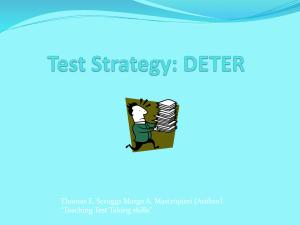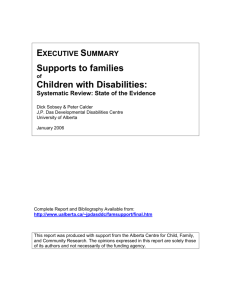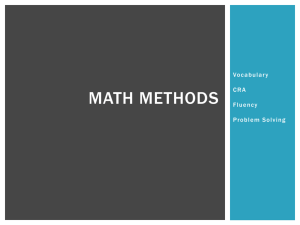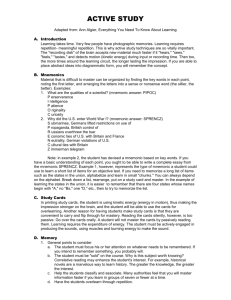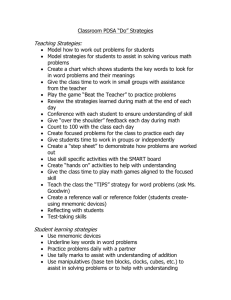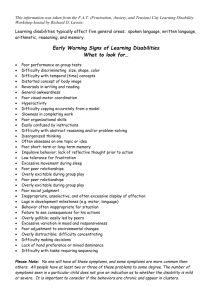mem
advertisement
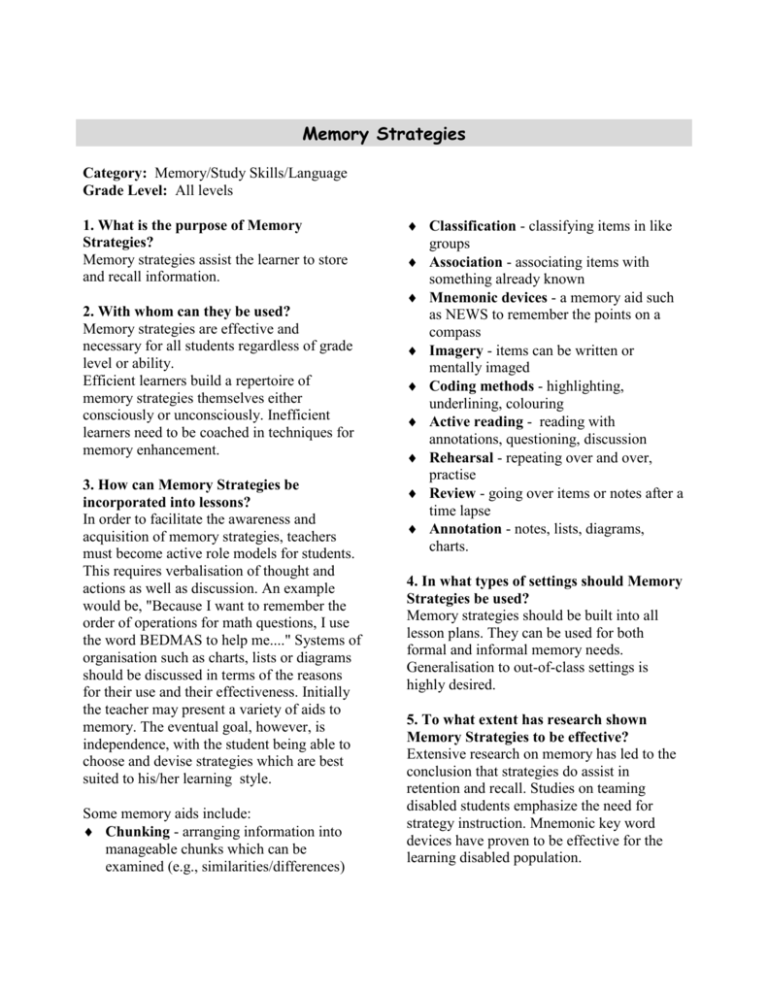
Memory Strategies Category: Memory/Study Skills/Language Grade Level: All levels 1. What is the purpose of Memory Strategies? Memory strategies assist the learner to store and recall information. 2. With whom can they be used? Memory strategies are effective and necessary for all students regardless of grade level or ability. Efficient learners build a repertoire of memory strategies themselves either consciously or unconsciously. Inefficient learners need to be coached in techniques for memory enhancement. 3. How can Memory Strategies be incorporated into lessons? In order to facilitate the awareness and acquisition of memory strategies, teachers must become active role models for students. This requires verbalisation of thought and actions as well as discussion. An example would be, "Because I want to remember the order of operations for math questions, I use the word BEDMAS to help me...." Systems of organisation such as charts, lists or diagrams should be discussed in terms of the reasons for their use and their effectiveness. Initially the teacher may present a variety of aids to memory. The eventual goal, however, is independence, with the student being able to choose and devise strategies which are best suited to his/her learning style. Some memory aids include: Chunking - arranging information into manageable chunks which can be examined (e.g., similarities/differences) Classification - classifying items in like groups Association - associating items with something already known Mnemonic devices - a memory aid such as NEWS to remember the points on a compass Imagery - items can be written or mentally imaged Coding methods - highlighting, underlining, colouring Active reading - reading with annotations, questioning, discussion Rehearsal - repeating over and over, practise Review - going over items or notes after a time lapse Annotation - notes, lists, diagrams, charts. 4. In what types of settings should Memory Strategies be used? Memory strategies should be built into all lesson plans. They can be used for both formal and informal memory needs. Generalisation to out-of-class settings is highly desired. 5. To what extent has research shown Memory Strategies to be effective? Extensive research on memory has led to the conclusion that strategies do assist in retention and recall. Studies on teaming disabled students emphasize the need for strategy instruction. Mnemonic key word devices have proven to be effective for the learning disabled population. References 1. Elliot, S. & Carroll, I.L. (1980). Strategies to help children remember what they read. Reading Improvement, 17, 272-277. 2. Mastropieri, M.A. & Mushinski Fulk, B.J. (1990). Enhancing academic performance with mnemonic instruction. Intervention research in learning disabilities. New York: Springer Veriag. 3. McLoone, B.B., Scruggs, T.E., Mastropieri, M. A., & Zucker, S. F. (1986). Memory strategy instruction and training with learning disabled adolescents. Learning Disabilities Research, 2, 45-53. 4. Miller, M. & Van Brocklin, J. (1986). Tips for enriching memory skills. Academic Therapy, 22, 91-95. 5. Pressley, M., Scruggs, T.E. & Mastropieri, M.A. (1989). Memory strategy research in learning disabilities: Present and future directions. Learning Disabilities Research, 4, 68-77.
